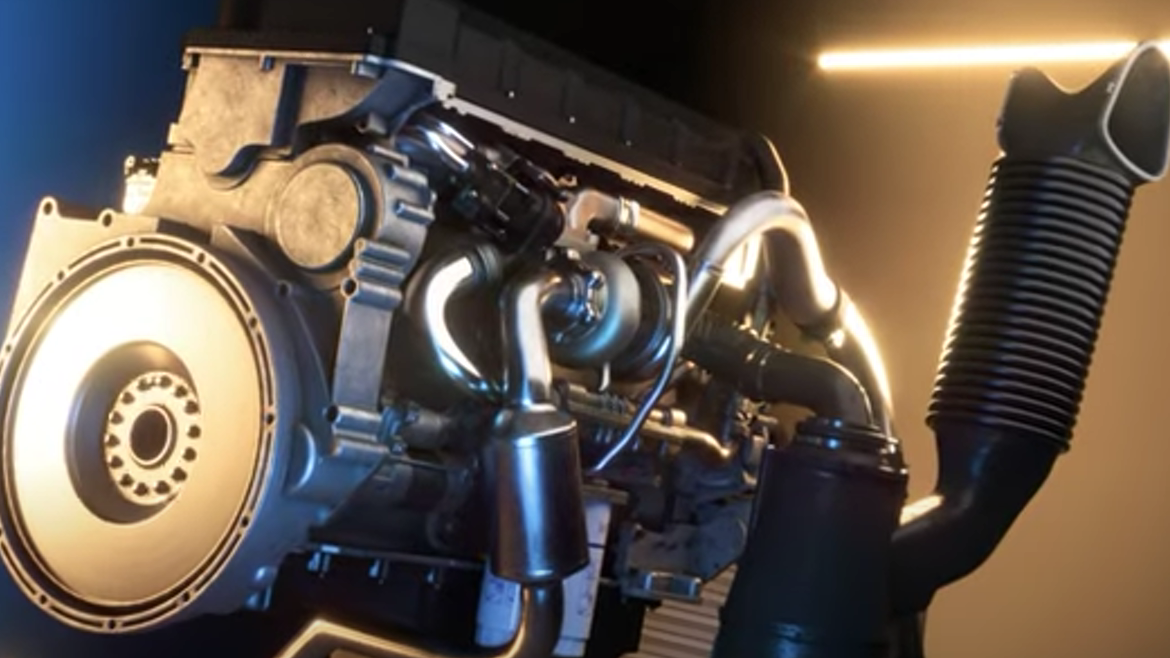Nov 1, 2021
Posted by John Loop, Technology Manager, Mary Galic, Senior Technology Manager
The Volvo T-13 Engine Oil Oxidation test (ASTM D8048) is a diesel lubricant performance requirement included within the ACEA 2022 Heavy-Duty Engine Oil Sequences upgrade. In this video, we discuss the test.
For more information, please contact your Lubrizol representative.
Video Transcript
The Volvo T13 engine test tries to mimic and prevent oil oxidation and viscosity increase. Lower oil oxidation means that the oil viscosity remains steady, doesn't go up, which would hurt fuel economy.
The oil won't breakdown and make deposits on engine parts and the oil drain interval can be longer, less resources used, less expensive for routine maintenance.
The test is run with a 2010 Volvo D13 or Mack MP8 engine platform, which is a 13 litre inline 6 cylinder diesel engine which uses electronically controlled fuel injection of variable geometry, turbo and cooled EGR along with ultra low sulfur diesel fuel.
The test is 360 hours where the engine runs at an elevated sump temperature of 130 degrees C which has a way of accelerating oxidation processes that breakdown a lubricant.
Passing test must have a minimal kinematic viscosity increase. At 40 degrees C of less than 75% between 300 and 360 test hours and a final oxidation carbonyl peak height, which is a measure of the infrared spectrum of the oil of less than 125 absorbance units per centimeter.
Lubricants can be used all over the globe when they have been formulated to meet the performance requirements from just a ACEA API and a few key HD OEM manufacturers specifications.
The Volvo T13 engine test was first developed and introduced for the API CK-4 and FA-4 heavy duty diesel specifications in 2016 and the test is currently included in ACEA E8 which replaces E6 and E11 which will replace E9 heavy duty E sequences.
The test was intended to address OEM concerns around rising engine operation temperatures that were needed to address decreased emissions and increased efficiency demands of modern engines.
Through oil oxidation and viscosity control the test ensures good fuel economy, low maintenance, and low emissions for engines on the road today and for future generations of engines, thereby contributing to sustainability for us all.








